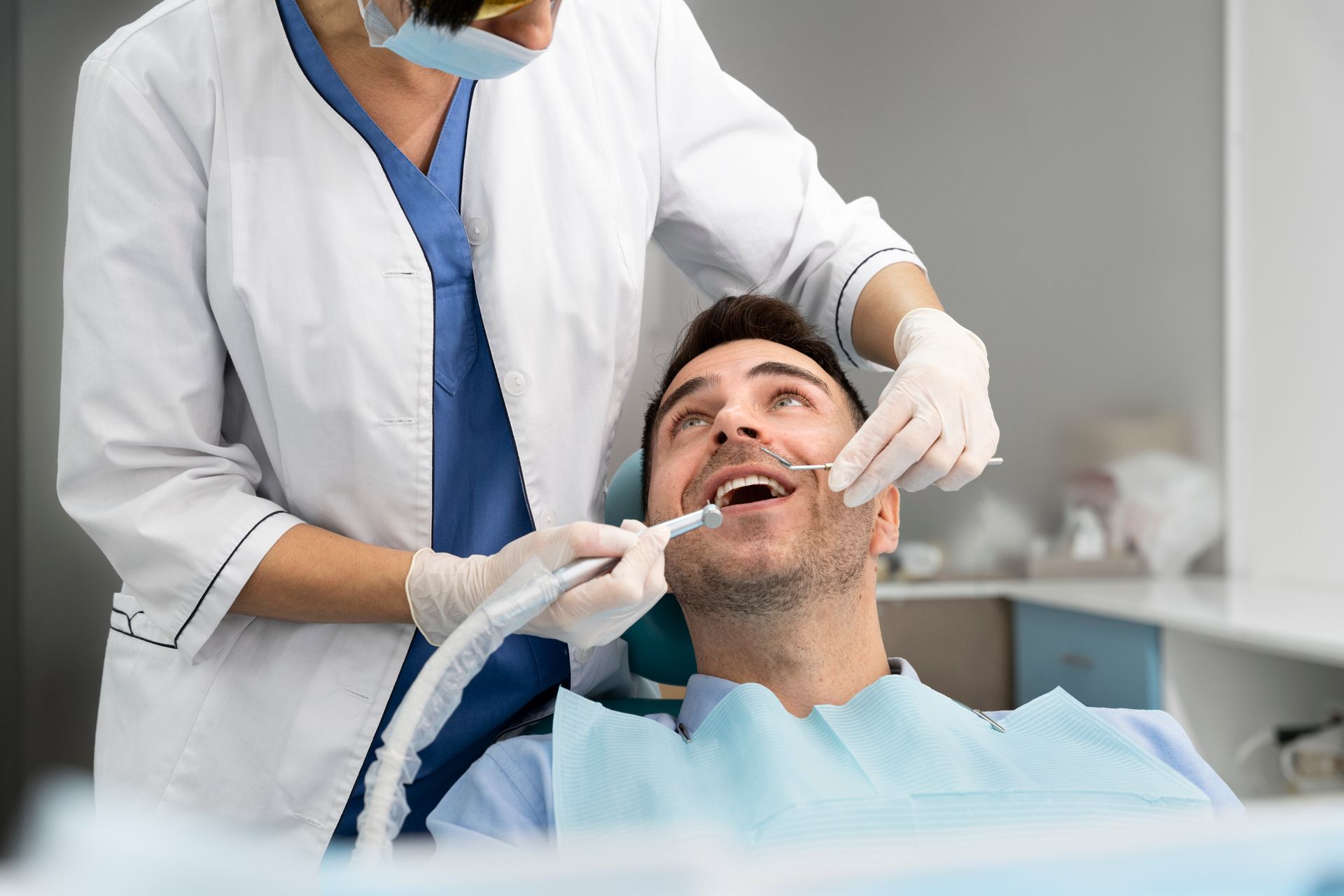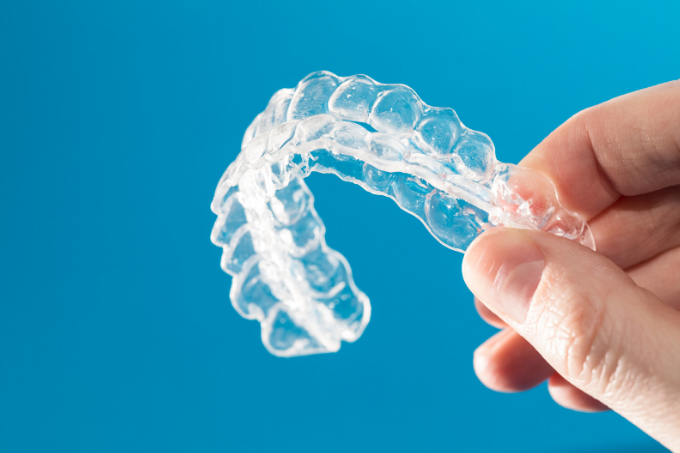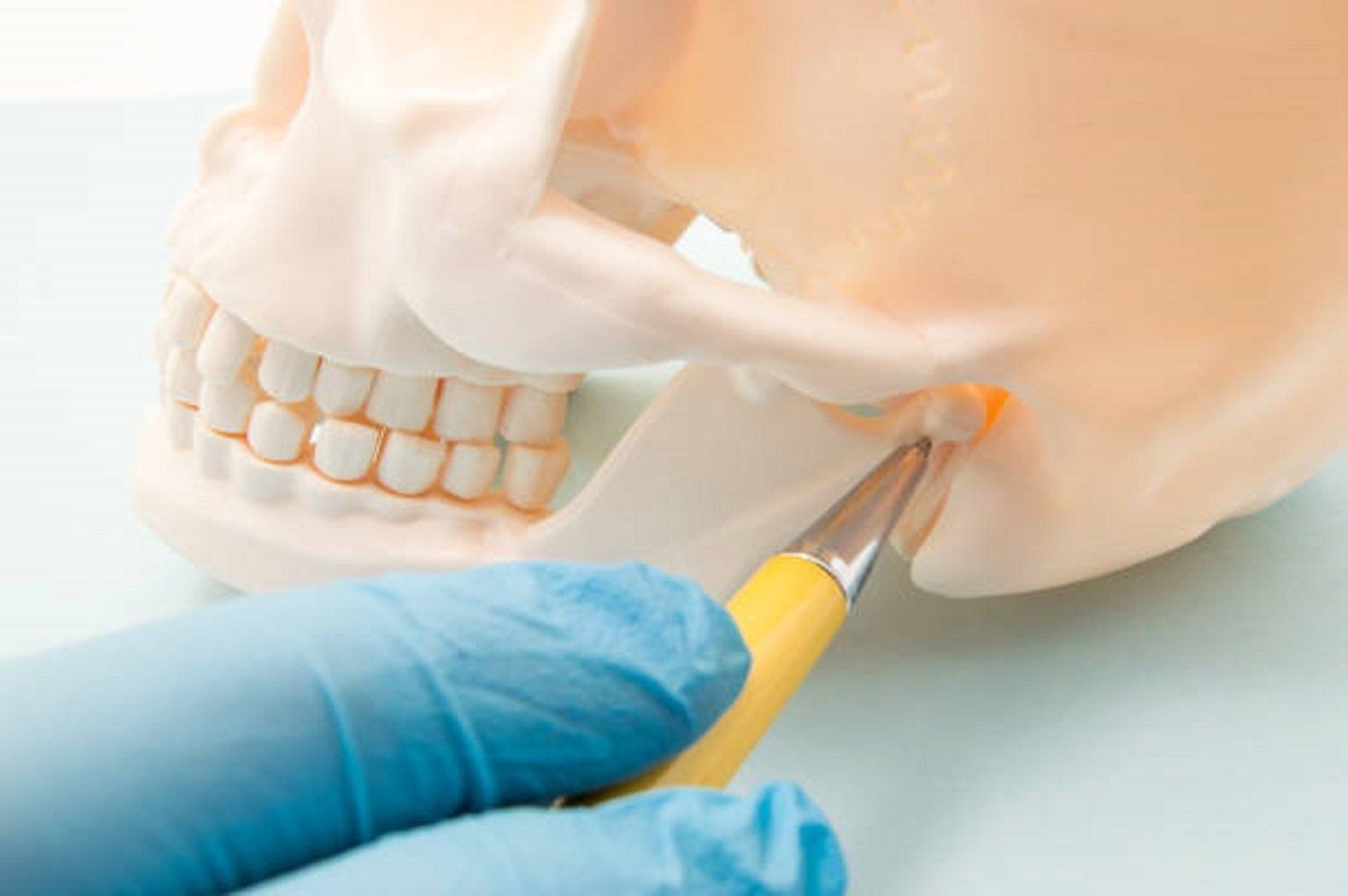The temporomandibular joint (TMJ) is a complicated joint that connects the jaw to the skull. It is a type of synovial joint, which means it has a capsule and fluid that helps protect it from damage.
Problems with this joint can lead to many symptoms such as pain, difficulty chewing food, headaches, earaches, and more. This blog post will discuss what TMJ Disorder is, how it affects your body, and possible treatments for TMJ disorder.
What Is TMJ Disorder?
Temporomandibular joint disorder (TMJ disorder) is a condition that affects the temporomandibular joint. This joint is responsible for moving the jaw and connecting it to the skull. TMJ disorder can develop when this joint becomes inflamed, irritated, or damaged.
TMJ disorder can cause pain and discomfort in the jaw, neck, and shoulders. It can also lead to difficulty chewing food, headaches, earaches, and other problems.
TMJ Causes
In some cases, the causes of TMJ are easily identifiable. However, sometimes, it is tough to determine what triggers the condition. Some of the common causes are:
- Trauma or injury to the jaw, head, or neck
- Estrogen hormone, may cause a breakdown in the jaw’s cartilage
- Repetitive motions that put stress on joints in your jaw, such as chewing gum constantly throughout the day
- Genetic conditions that cause abnormal development of bones and tissues
- Constantly chewing on one side, thereby putting uneven pressure on the joint
- Repetitive teeth grinding and clenching
- Medical conditions like arthritis, physical deformities, and misaligned jaws.
Although it’s not always possible to pinpoint the exact cause of TMJ disorder, several effective treatment options can help manage the condition.
TMJ Symptoms
If you are experiencing any of the following symptoms, it’s essential to see a doctor for diagnosis and treatment:
- Jaw pain or tenderness
- Headaches, especially tension headaches
- Earache
- Tinnitus (ringing in the ears)
- Dizziness accompanied by neck pain
- Sore neck muscles
- Teeth grinding
- Erosion of teeth
- Clicking or popping sound when you open and close your mouth
In addition to the above symptoms, a person with TMJ disorder may notice:
- Difficulty chewing and/or biting into food (for example taking small bites)
- Pain when opening your mouth wide open
- Reduced ability to clench teeth together during sleep due to pain in the jaw
These symptoms can come and go and may vary in severity from day to day. You may also not experience them all at once. Some people have one symptom or problem, while others have several.
Possible Treatments for TMJ Disorder
There is no one-size-fits-all TMJ treatment Carlstadt. The approach that your doctor recommends will depend on the causes of your condition. Some common treatments include:
1. Medications
Your doctor may prescribe pain relievers or muscle relaxants to help relieve symptoms.
2. Physical Therapy
Physical therapy can help improve jaw movement and reduce pain. It may include exercises to stretch and strengthen the muscles around your jaw and techniques to help you better control your chewing.
3. Orthodontic Treatment
If abnormalities in your bite are causing your TMJ disorder, orthodontic treatment may be the best option to correct the problem. Here, you’ll have a custom orthotic device made to fit your mouth, which will help to align your teeth and jaw properly.
4. Surgery
In some cases, surgery may be needed to correct the alignment of bones in the joint or remove excess bone growth. Your doctor can discuss with you whether surgery is an option for you.
5. Bite Guards
If your TMJ disorder was caused by teeth grinding, your doctor might recommend that you wear a bite guard while you sleep. This TMJ dental treatment will help to protect your teeth from further damage.
6. Botox Injections
Your doctor may also recommend Botox injections to help relax the muscles in your jaw. This can help to relieve pain and improve function.
7. Massage
In less severe cases, massage may help to relieve pain. However, for this therapy to work, you will need to get a massage at least once a week for several months.
8. Acupuncture
Some people have found relief from TMJ disorder with acupuncture treatments. However, this is not for everyone, and it does not always work. It can take several sessions before you start to notice any difference in your symptoms. If you decide to try acupuncture, ensure that the practitioner has experience dealing with TMJ issues.
Wrapping Up TMJ
TMJ disorder can make it difficult to eat, sleep and even speak. Luckily, several treatments can help you get back on track. However, before you try any of the therapies outlined here, it’s crucial to seek professional Dentist Carlstadt services. Are you looking for TMJ dental treatment carlstadt, or do you have further questions regarding TMJ? Contact Dr. Rizzo & team of Smiles By Rizzo to schedule your appointment today.
Recent Blog





